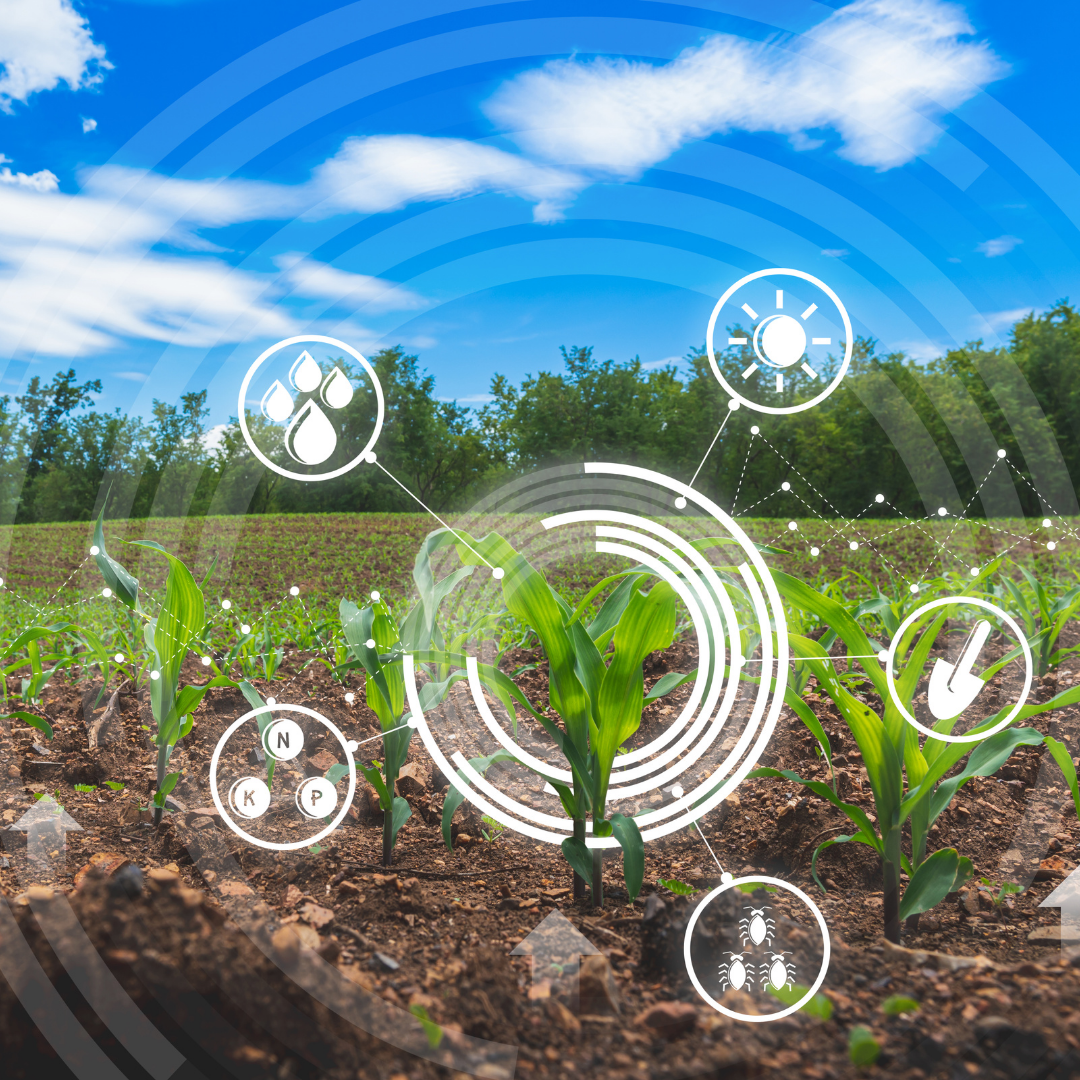PRAIRIE VIEW, TEXAS (February 9, 2022) Noel Estwick, Ph. D., was elated when he learned that he would have the opportunity to foster collaborations with Jamaica and the Bahamas. Using technology, Estwick will work with those countries to strengthen food security and enhance agricultural disaster resilience. He recently earned $200,000 from the 1890 Land-Grant Universities Foundation for his project “Utilizing Technology to Enhance Food Security and Agricultural Disaster Resilience in the Caribbean.”
Estwick is an assistant professor in Prairie View A&M University’s (PVAMU) College of Agriculture and Human Sciences (CAHS). The study allows Estwick to assemble a cadre of multi-disciplinary researchers from the 1890 U.S. Land-Grant Universities (LGU) community to address global issues, including using technology to strengthen agricultural development in developing countries and engaging in agrarian disaster discovery.
“This grant will enable me to expand my disaster research to the Caribbean. Small Island Developing States (SIDS) are extremely vulnerable to natural disasters which have repeatedly disrupted their agricultural sectors.,” said Estwick.
In September 2019, the world saw the disastrous impact Hurricane Dorian had on The Bahamas, this included Bahamian students enrolled at PVAMU. The Category 5 storm killed more than 70 people across several islands, left more than 29,000 homeless, and impacted its technology.
“The timeliness of faculty scholarly work is of great importance to demonstrate the impact of the findings on challenges posed to mankind,” said Magesh Rajan, vice president, Research & Innovation. “Hurricane Dorian caused about $3.4 billion in damages on Great Abaco and eastern Grand Bahama. The Bahamas’ tourism sector suffered $530 million in losses Although tourism is the primary revenue generator in the Caribbean, agriculture is the major economic land-use activity for most of the islands. So, Dr. Estwick’s research is timely and will be impactful on helping those nations shore up their disaster recovery.”
Co-principal investigators for the study from PVAMU CAHS are Drs. Sharon McWhinney, Paul Johnson, Peter Ampim, Ram Ray, and Kwaku Addo. The PVAMU personnel has global experiences that include Africa, Latin America, and the Caribbean.
This collaborative venture will use the CAHS expertise and experience with researchers from Langston University, Kentucky State University, and Central State University.
The cluster will engage academic and governmental institutions in Jamaica and the Bahamas to implement the project, which may have global implications.
The COVID-19 pandemic has added pressure to agricultural sectors previously weakened by natural disasters. Actualizing this effort is particularly challenging because Caribbean countries have limited agronomic production and heavily import food products.
“Therefore, I expect to gain further insight into how natural disasters impact the agricultural sectors in the Caribbean and work with my 1890 LGU and Caribbean colleagues to strengthen the region’s food security and enhance agricultural disaster resilience.,” said Estwick.
He goes on to say, “I am looking forward to developing shared knowledge that can be utilized to strengthen agricultural systems in the USA, the Caribbean, and around the world.”
Estwick’s strategy for accomplishing his goals includes: 1) Developing relevant technology that will significantly benefit the production and protection of agricultural meat animals in the Caribbean, 2). Educating agricultural producers about animal health and the benefits of planning for agricultural disasters, and 3). Designing professional development and skill training workshops for extension offices and agricultural educators in the Caribbean.
This project aligns with PVAMU’s designation as a Research 2 (R2) institution and its excellence in the areas of teaching, research, and service. Estwick states, “I believe the R2status lends credibility to my efforts to conduct research that is critical to addressing issues experienced by limited-resource audiences in Texas and across the USA. Importantly, it enables researchers at PVAMU to expose students to national and global research problem-solving in the classroom and on related research projects. Thus, contributing to expanding opportunities for 1890 LGUs preparation of students for careers in agriculture, food, and natural resources industries.”
In addition to gaining valuable research experience in a global setting, the project will allow PVAMU students to collaborate with students from the four 1890 LGUs and collaborate with Caribbean students via virtual research activities. Estwick also plans to explore exchange opportunities and study abroad to allow PVAMU students to gain in-country research experience.
###
Karen B. Cotton, MS, MA

